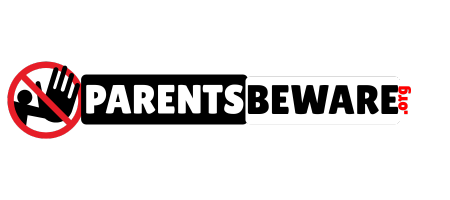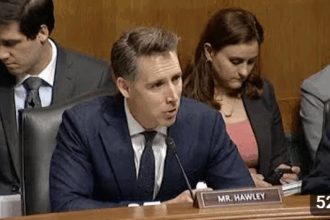Streamed live on Dec 1, 2021 Whistleblower Frances Haugen gives her latest testimony to Congress.
Parents Beware!
The world of social media and online platforms, once seen as a realm of connection and free expression, has been revealed as a landscape riddled with potential dangers for our children. A recent congressional hearing has shed light on how tech companies, armed with powerful algorithms and protected by outdated legal immunity, are failing to safeguard our youth and contributing to real-world harm.
The Systemic Failure to Protect Our Children
A central focus of the hearing was Section 230 of the Communications Decency Act of 1996. This law was originally designed to protect online platforms from liability for content posted by their users, allowing them to moderate content without fear of being sued. However, as the internet has evolved, tech companies have allegedly abused this protection.
Testimony from committee members revealed tragic consequences of this legal immunity:
- Matthew Herrick was repeatedly victimized after his ex-partner created a fake profile of him on a dating app. The app’s geo-targeting and algorithms connected him with strangers at his home and workplace, leading to terrifying and traumatizing encounters. Despite Herrick’s repeated requests, the app did nothing to remove the fake profile.
- Wesley Greer, a young man recovering from addiction, used a website’s algorithm to find a community. The algorithm connected him to a drug dealer, who sold him a lethal dose of fentanyl. Wesley died as a result. The company was aware of the dealer’s illegal activity but took no action.
In both of these cases, Section 230 has been used to block the victims and their families from even having their cases heard in court.
The Role of Algorithms and the Pursuit of Profit
The hearing highlighted how the problem goes beyond simple user-generated content. Tech companies are accused of being “bad stewards” of their platforms, with a business model that prioritizes profit over safety. Frances Haugen, a former Facebook employee, testified that the company knows its products harm children and stoke division, yet they consistently choose to ignore these issues because “the status quo made them more money.”
Haugen, along with other witnesses, argued that companies like Facebook and Instagram have algorithms that:
- Amplify harmful and divisive content for higher engagement.
- Knowingly negatively impact the mental health of teenage girls.
- Contribute to self-harm and self-hate among vulnerable populations.
The core issue is that these platforms are not passive conduits of information. Their algorithms actively select, amplify, and recommend content, making them a partner in the harm that occurs. When an algorithm promotes illegal drug sales or connects a minor with a predator, the company should not be immune from legal responsibility.
What Can Be Done?
The bipartisan consensus in the hearing was that Section 230 needs to be reformed. Lawmakers on both sides of the aisle are pushing for new legislation to address this issue.
- Some proposals aim to remove Section 230 protection from platforms that knowingly facilitate illegal activities.
- Other proposals seek to make companies liable for the content their algorithms amplify and recommend, especially when it causes real-world harm.
- Another key area of reform is to force greater transparency from tech companies about their content moderation policies and algorithms.
This is a critical moment for our society. The largest tech companies want Congress to do nothing, but the safety of our children and the well-being of society demand action. The message from the hearing is clear: parents must be vigilant, and lawmakers must work together to hold these powerful companies accountable for the harm their platforms are causing.










